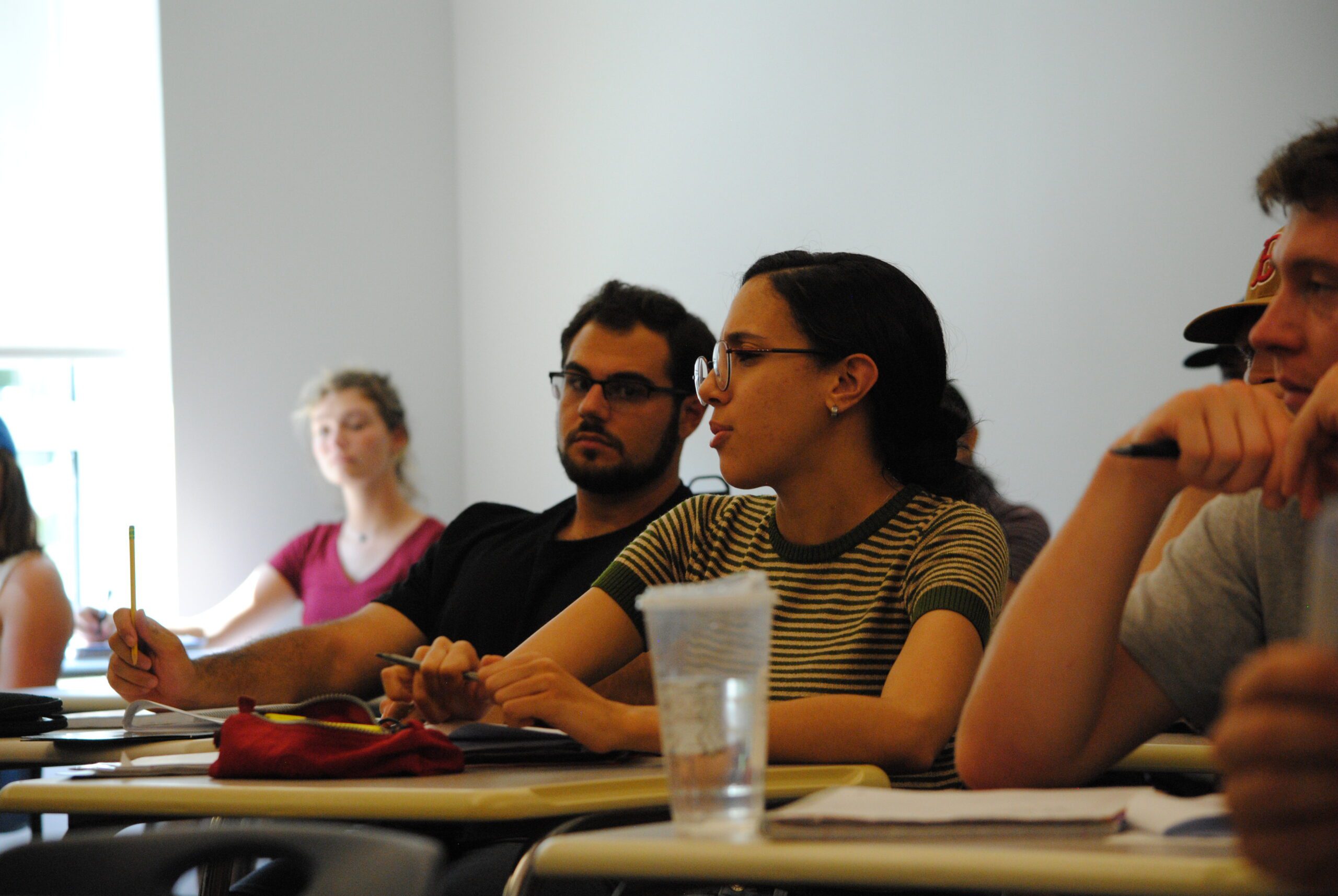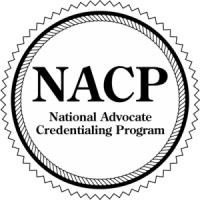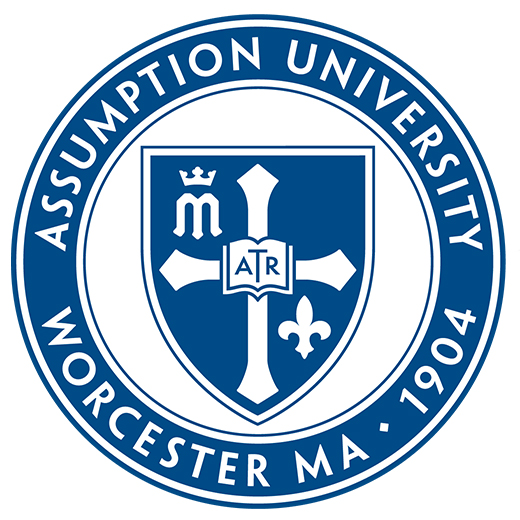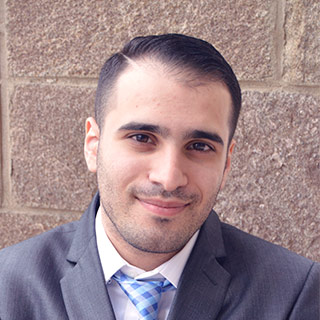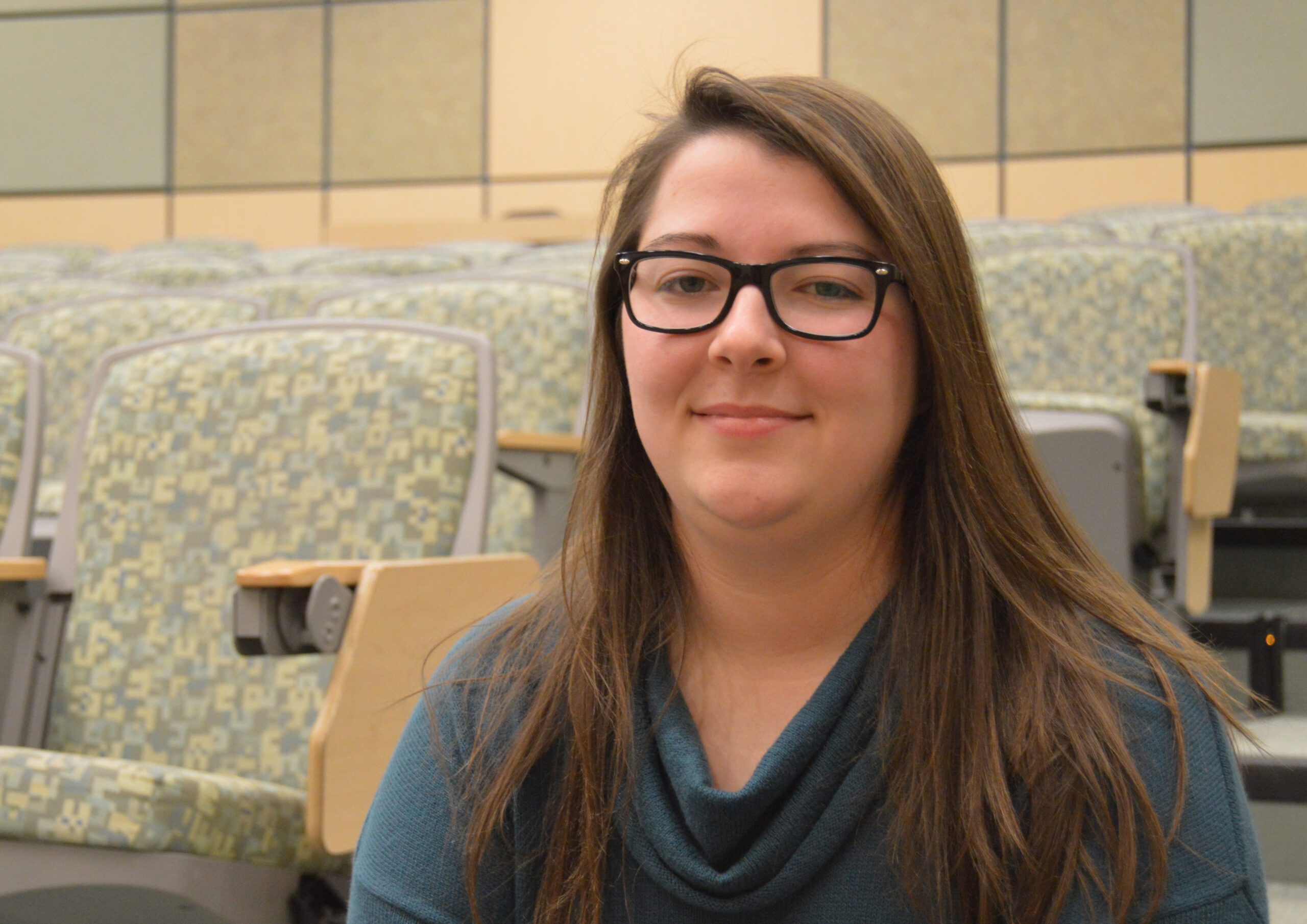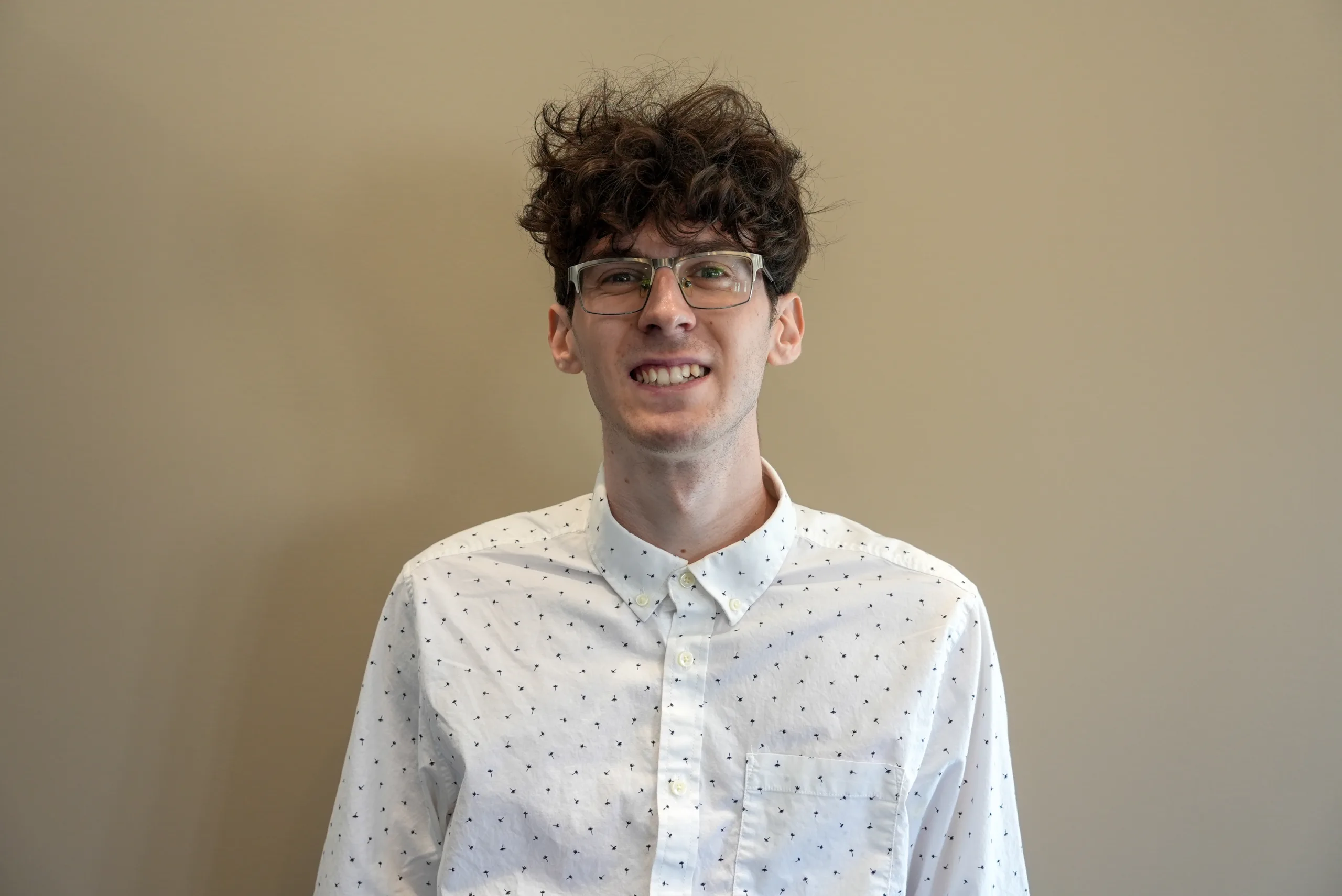What is Criminology?
Criminology is the study of crime and the impact it has on society. Major or minor in criminology at Assumption and you’ll gain a broad and deep understanding of why some acts are against the law and others are not, why people commit crimes, how crime impacts victims and society, and how the criminal justice system operates —from the time of arrest by the police, through formal processing by the courts, and extending to sanctioning (incarceration and supervision) and reentry.
Why Study Criminology at Assumption?
The criminology degree at Assumption emphasizes personal, hands-on experience and independent research. You’ll participate in a two-semester internship seminar for experiential learning in agencies and organizations within the criminal justice system or closely allied professions like victim services agencies, substance abuse treatment programs, and programs for at-risk youth. Through the scope of Assumption’s liberal arts education, you will learn the complex history, social impacts, frameworks, and significance of criminology in the United States.
Angela Kaufman-Parks, Ph.D.
Faculty
Experiential Learning
Assumption's Rome Campus
At Assumption's campus in Rome, Italy, the city and the country become your classroom through daily and weekend-long excursions throughout "the eternal city" and the Italian countryside. This unique study abroad experience will enrich your academic and cultural pursuits as you walk in the footsteps of emperors and gladiators then enjoy delectable Italian cuisine or perhaps a cappuccino after class in a local cafe. (Did you know that your financial aid follows you to Rome?)
Explore the Rome CampusLearn the Skills Employers Seek
Faculty/Student Research
The Assumption curriculum encourages scholarly and real-world experience. With hands-on research conducted alongside faculty mentors, students gain a depth of knowledge and skills that lead to professional success and personal fulfillment.Study Abroad
At Assumption University, the world is your classroom. Students can study and explore abroad in over 50 places from Vienna to England, South Africa, and even our own campus in historic, yet modern, Rome, Italy. Assumption’s study abroad program offers culture, history, and a living classroom for all.Internships
Assumption starts planning for your future the day you arrive on campus. Our Career Development and Internship Center helps students secure exciting and fulfilling internships where you’ll apply knowledge obtained in the classroom in a professional setting, preparing for a future career or additional study. Assumption connects students to internship opportunities in corporations, government agencies, research hospitals, non-profit organizations, and more.Pathways to Success
Law enforcement officers
Social workers
Attorneys and paralegals
Probation and parole officers
Victim witness advocate
Intelligence analyst
Loss prevention and fraud analyst
First-rate Academics in a Catholic University Setting
Assumption University awakens in students a sense of wonder, discovery, and purpose, forming graduates known for their intellectual seriousness, thoughtful citizenship, and devotion to the common good. Students are provided an education that shapes their souls, forms them intellectually, and prepares them for meaningful careers. Enlivened by the harmony of faith and reason, here, students’ minds and hearts are transformed.

